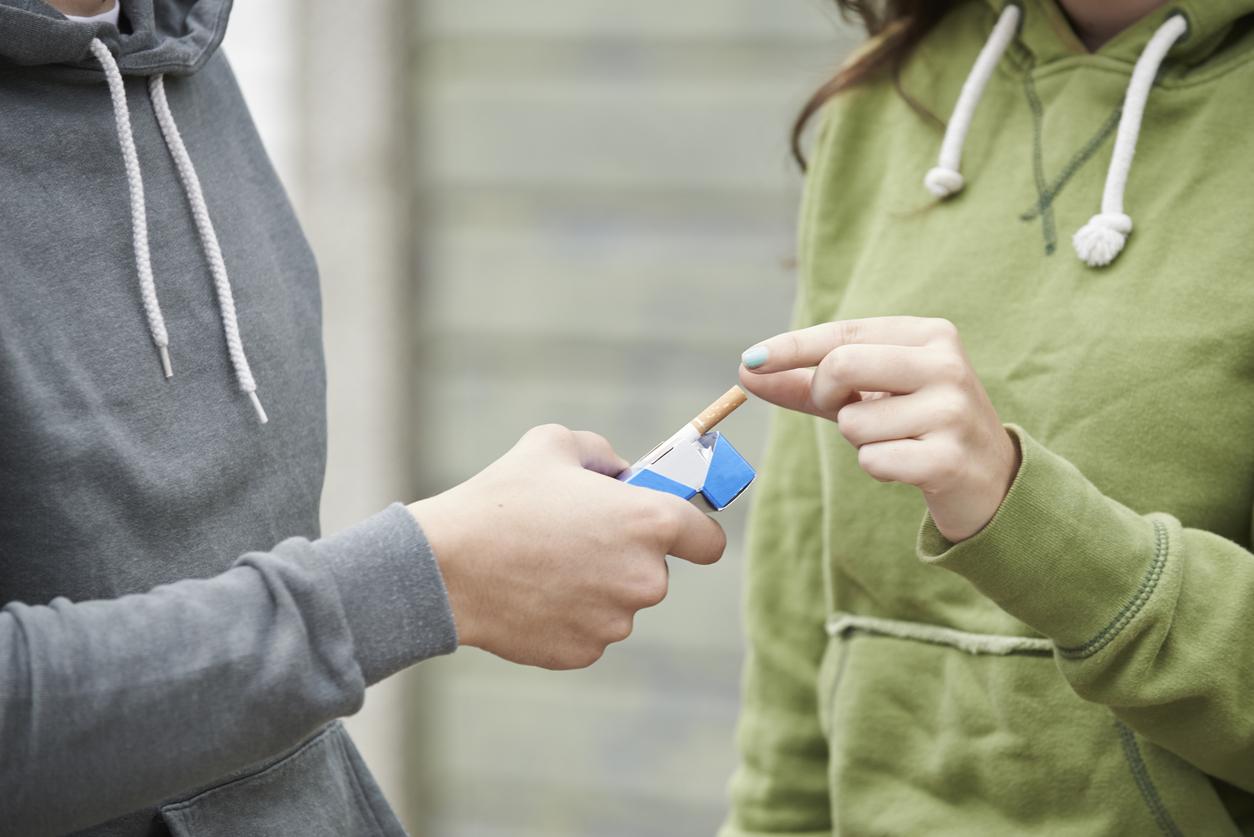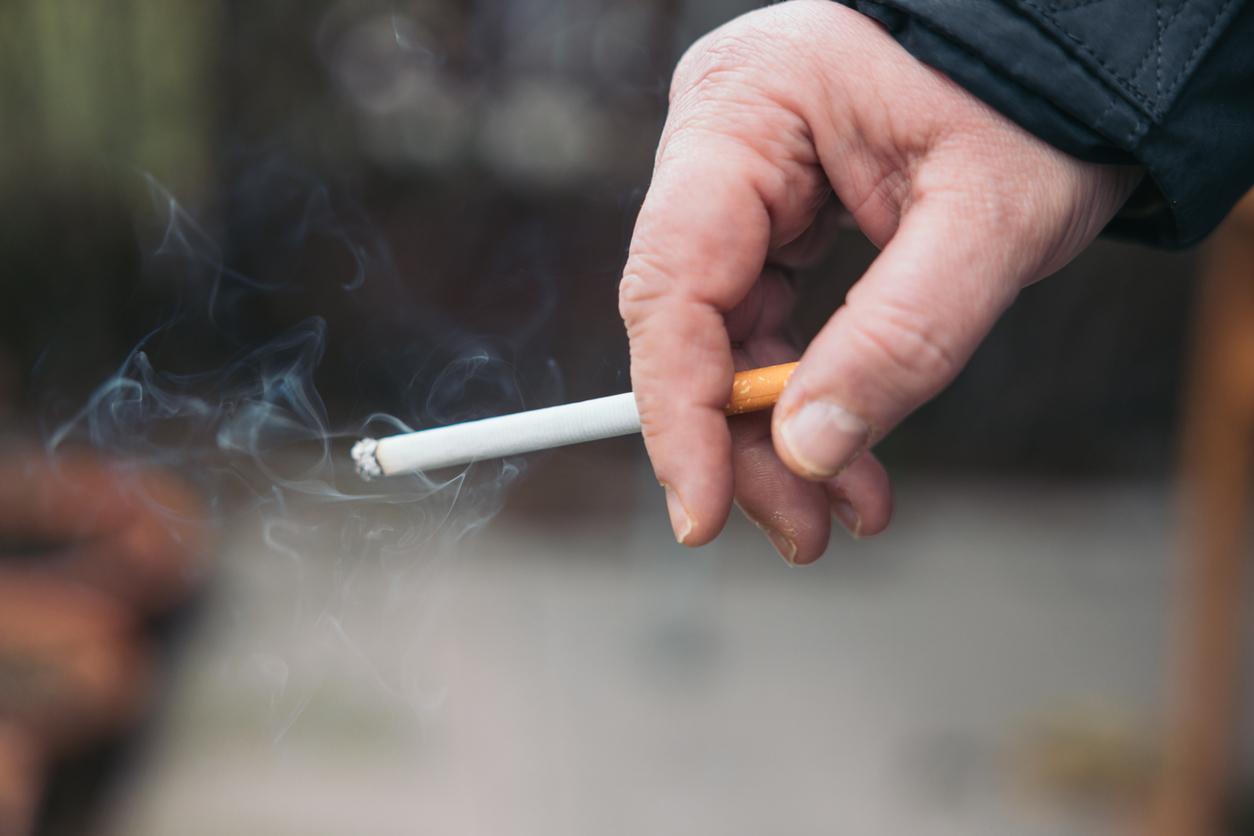To quit smoking, the “definitive” method would be more effective than the gradual one, according to the results of a study published in the medical journal Annals of Internal Medicine. Stop smoking suddenly would reduce the risk of relapse by 20%.
Researchers from the Universities of Oxford, Birmingham and University College London (UK) conducted a study with 697 smokers motivated to give up their best enemy.
The volunteers were divided into two groups, one offered a gradual stop and the other a sudden stop to compare the effectiveness of the two methods.
Gradually quitting smoking consisted of gradually decreasing by 75% in the 2 weeks before the last day of smoking, or 50% in the first week and 25% at the end of the second week.
After 4 weeks, the scientists analyzed the participants’ level of smoking addiction and the effectiveness of the method.
They found that 39.2% of participants who followed a stepwise approach were still abstinent, and 49.0% of volunteers who followed the brutal approach still did not smoke.
After six months, these stop rates rose to 15.5% and 22%.
Scientists have calculated that the risk of relapse of smokers who quit “suddenly” is reduced by 20% compared to those who choose to quit step by step.
“To improve the chances of quitting smoking, you have to set yourself a ‘fateful’ day and prepare for it,” the authors specify. “Other complementary measures, such as being prescribed a suitable nicotine replacement, can also help. Finally, thinking about a substitute to take in his hand can also be of help for some ”.
Getting rid of tobacco for better health
Finding the right solution to end smoking is necessary for your health. Indeed, the cigarette kills 200 times a day in France and loses between 10 and 15 years of life for each smoker.
Read also:
Smoking cessation: do it for your loved ones
6 misconceptions about tobacco
Tobacco: it wreaks havoc on all organs


















